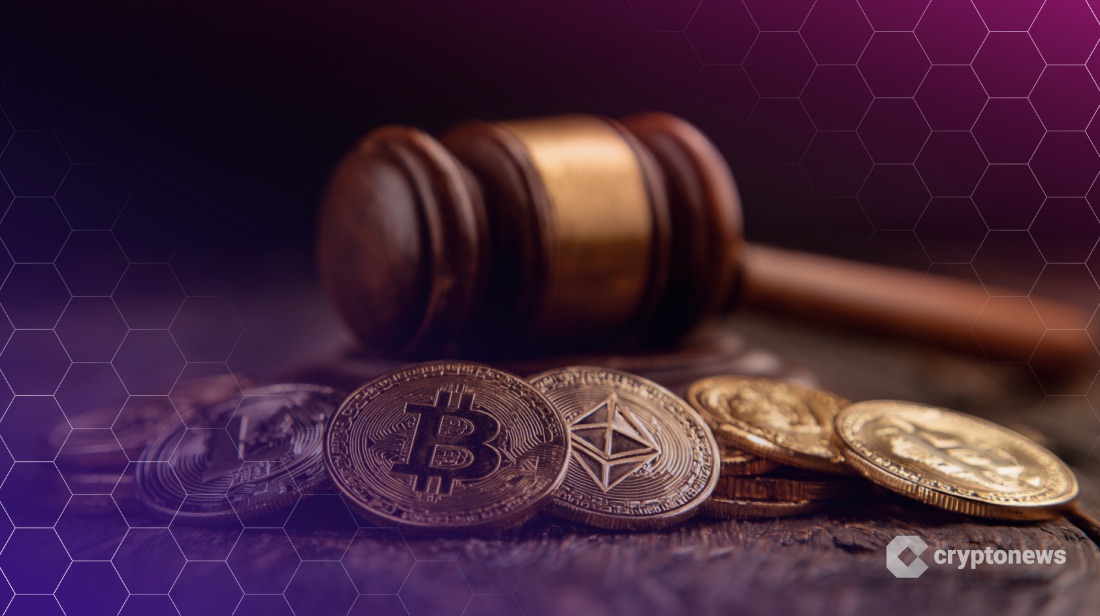Senate Banking Chair Tim Scott Targets December Vote on Crypto Market Structure Bill
U.S. Senate Banking Committee Chairman Tim Scott has announced his intention to bring the long-awaited crypto market structure bill to a committee vote next month, marking a significant step forward in establishing comprehensive federal cryptocurrency regulation.
Legislative Push Gains Momentum
Tim Scott, who chairs the Senate Banking, Housing, and Urban Affairs Committee, revealed his ambitious timeline for advancing crypto legislation during recent discussions on digital asset regulation. The move signals renewed congressional urgency to create a clear regulatory framework for the rapidly growing cryptocurrency industry.
The proposed legislation would establish comprehensive rules governing digital asset markets, addressing long-standing concerns about investor protection, market manipulation, and regulatory clarity that have plagued the crypto sector for years.
What the Bill Could Address
While specific details of the market structure bill remain under discussion, similar legislative proposals have typically focused on several key areas:
Regulatory Clarity: The legislation is expected to define which federal agencies have jurisdiction over different types of digital assets, potentially resolving the ongoing debate between the Securities and Exchange Commission (SEC) and the Commodity Futures Trading Commission (CFTC).
Consumer Protection: The bill likely includes provisions designed to protect retail investors from fraud and market manipulation, establishing stricter standards for crypto exchanges and trading platforms.
Stablecoin Regulation: Given recent legislative focus, the market structure bill may incorporate guidelines for stablecoin issuers, including reserve requirements and transparency standards.
Custody Requirements: The legislation could establish federal standards for how crypto firms must safeguard customer assets, addressing concerns raised by high-profile exchange failures.
Industry Implications
The cryptocurrency industry has long advocated for clear regulatory guidelines, arguing that the current patchwork of state and federal rules creates uncertainty and stifles innovation. A comprehensive market structure bill could provide the clarity that both crypto companies and traditional financial institutions need to operate confidently in the digital asset space.
Major crypto exchanges and blockchain companies have generally supported efforts to establish federal standards, viewing clear rules as preferable to the current regulatory ambiguity. However, industry stakeholders remain concerned about overly restrictive provisions that could limit innovation or push crypto businesses overseas.
Political Landscape
Scott's announcement comes as Republicans have taken control of the Senate, potentially improving prospects for crypto-friendly legislation. The incoming Trump administration has also signaled a more accommodative stance toward digital assets, contrasting with the previous administration's aggressive enforcement approach.
The December timeline suggests Scott wants to capitalize on this political momentum before the new Congress is fully seated in January. An early committee vote could set the stage for broader Senate consideration in early 2026.
Challenges Ahead
Despite growing bipartisan interest in crypto regulation, significant hurdles remain. Democrats and Republicans have differed on key aspects of digital asset oversight, particularly regarding the balance between innovation and consumer protection.
The bill must also navigate competing interests among regulatory agencies, each seeking to maintain or expand their jurisdiction over crypto markets. The SEC has historically claimed authority over most digital assets as securities, while the CFTC argues many cryptocurrencies should be regulated as commodities.
What Comes Next
If the Banking Committee approves the legislation in December as planned, the bill would still need to pass the full Senate and House of Representatives before reaching the president's desk. This process typically takes months and often involves significant amendments and negotiations.
Industry observers will closely watch the committee markup process, where senators can propose changes to the legislation. These amendments could substantially alter the bill's final form and impact on the crypto sector.
The committee vote would also provide insight into which Democrats might support the legislation, a crucial factor in determining whether the bill can achieve the 60-vote threshold needed to overcome a Senate filibuster.
Industry Response
While formal industry responses to Scott's announcement have been limited, crypto advocacy groups have generally welcomed congressional efforts to establish clear regulatory frameworks. The Blockchain Association and similar organizations have spent years lobbying for market structure legislation, viewing it as essential for the industry's long-term growth.
Traditional financial institutions that have entered the crypto space, including major banks and asset managers, are also likely to support efforts that provide regulatory certainty, enabling them to expand their digital asset offerings with confidence.
Conclusion
Senator Tim Scott's commitment to advancing crypto market structure legislation represents a pivotal moment for digital asset regulation in the United States. A December committee vote would mark the most significant progress on comprehensive crypto legislation in years, potentially setting the stage for landmark regulatory reform in 2026.
However, the path from committee approval to enacted law remains long and uncertain. The crypto industry and its stakeholders must prepare for intense negotiations and potential compromises as lawmakers work to balance innovation, consumer protection, and regulatory oversight in this rapidly evolving sector.
You May Also Like

OFAC Designates Two Iranian Finance Facilitators For Crypto Shadow Banking

Why Analysts Tip BullZilla as the Next 100x Crypto in 2025 Amid BNB’s Pullback and Polygon’s Price Slide
